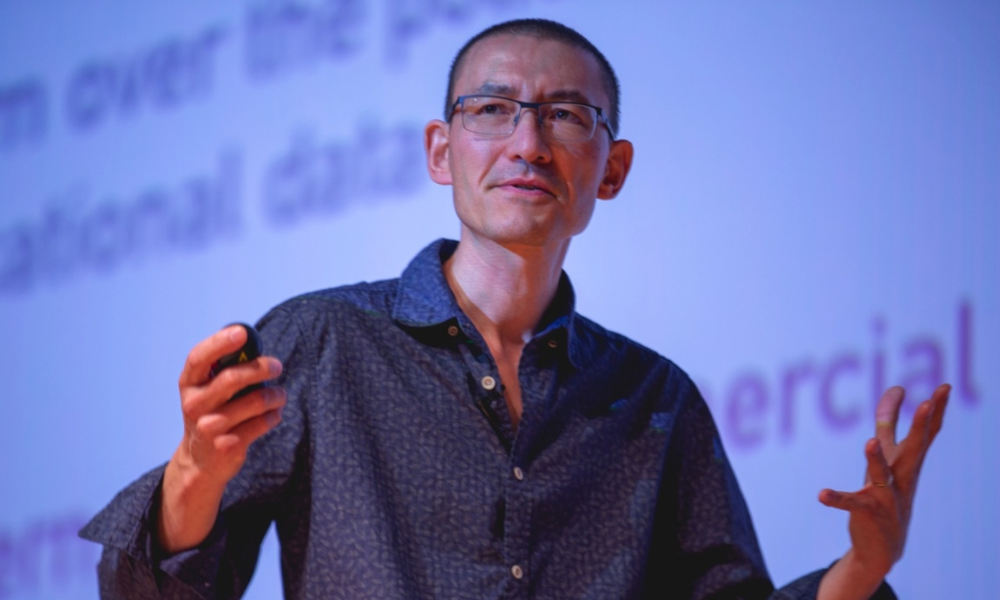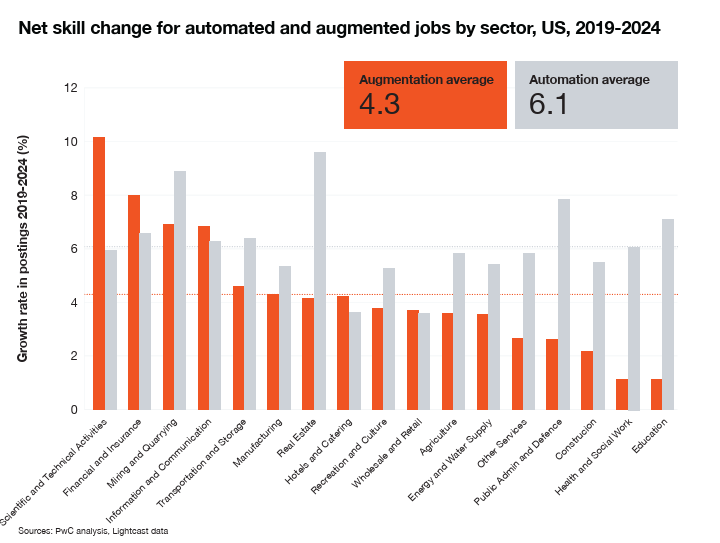
HRD spoke with a student and professor to debate AI upskilling in universities

As businesses rapidly embrace artificial intelligence, universities are under pressure to help meet workforce demands for skilled graduates.
HRD spoke with Simon Buckingham Shum, Professor of Learning Informatics at University of Technology Sydney (UTS), who acknowledged that education providers need their “finger on the pulse” before fully enacting change.
“We’re giving students clearer guidance on how AI can be used in their work and we’re bringing in industry leaders to come in and tell students how technology can be used,” he said.
“This is a huge transition for everyone – so it’s our job to give people confidence to learn and use the tools. We have a policy where AI can’t be banned for the whole course, it’s no longer realistic.”
UTS have created a custom ChatGPT function, called ‘Qreframer’, to encourage critical thinking and ensure students learn more about – because AI in its current form, it weakens education.
“AI is undermining learning,” Buckingham Shum emphasised, “and it’s the same reason we don’t give power tools to babies – they can harm themselves. Using just AI on its own doesn’t ensure students understand what they’re being taught. We have to navigate this carefully.”
The demand for new skills in the workplace is quickly outpacing availability, with stats from business consultant PwC suggesting AI is redefining job roles faster and faster - with AI-exposed jobs changing 66% faster than other jobs.
The findings of its The Fearless Future: 2025 Global AI Jobs Barometer report also show the skills sought by employers are changing in the face of more AI-automated roles - particularly in the education sector.

Much like in the workplace, universities are changing their expectations when it comes to how AI can be used to enhance workflows – being described as a “powerful thinking partner.”
Buckingham Shum – who is also director of UTS’ Connected Intelligence Centre – concluded that universities are moving more towards teaching work-appropriate skills and thinking instead of unnecessary content.
“If a student is learning how to fly these tools right to the limit of their ability, that's what they're going to need to do to compete in the workplace. But on top of that, there need to be something that gives you the edge over another candidate applying for the same jon - that's where critical thinking, ethical thinking, comes into play.”
“That's what we're talking about. We're talking about fluency. Now we're in a transitional phase. You know, no university has got this nailed yet, but that's the journey we're on,” Buckingham Shum concluded.
There are concerns, however, that the digital transformation of universities isn't happening quickly enough.
HRD spoke with a university student, who also works as a talent development manager in Melbourne, studying at university, who said AI isn't generally spoken about.
“It’s almost like a taboo because it implicates cheating and unfairness amongst students. People are being put back because of it," they said.
The student highlighted that this lack of upskilling is hampering job opportunities, urging educators to “accept AI like employers do.”
“If we’re not being taught how to use it, it puts you at a disadvantage for when you actually get a job. A lot of people will feel like they’ll have to retrain when they go into work, so it makes it really hard.”
It was highlighted that universities and education providers need to become more comfortable with AI – focusing on what needs to be taught to futureproof students instead of what has been taught in the past.
“When I did my bachelor of business 10 years ago,” the student noted, “We were learning about excel and how to compile reports. You just don’t need that anymore, so it’s not taught. AI needs to be at the centre of teaching now.”
In its submission into the Federal Governement's recent inquiry into the Digital Transformation of Workplaces, the peak body for higher education, Universities Australia said universities offered a range of degrees, micro-credentials and higher degree courses in AI.
"Australian universities aim to produce graduates who are familiar with and competent in using AI and other technologies," it wrote.
"They have a role in fostering digital and AI literacy among students and, as outlined, are already undertaking a range of activities to embed these skills in students and staff.
"Students and researchers need to know how to recognise, understand, use/apply, evaluate,create, and navigate AI safely and ethically. Lecturers develop these skills in their students in a variety of ways, for example, by directing them to create ChatGPT prompts for content relevant to the subject, and then helping them evaluate the result."